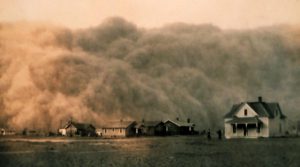
If the United States were a garden or a field, it would not be a healthy plot of dirt. America is like a 1930s dryland farm in the Oklahoma panhandle. Back then, unknowing farmers recklessly stripped the land down, turning it into massive fields of dirt deserts. This is how the 1930’s Dust Bowl came to exist. Farmers plowed deeply and extensively into the virgin topsoil of the Great Plains. They did not give back to the ground, and they failed to prevent wind erosion.
Deeply-rooted native grasses that normally trapped water into the soil, even during periods of drought and high wind, were recklessly plowed up without a concern or a thought. Newly mass-produced gas tractors and combine harvesters tore into the ground, ripped up the soil, and turned it into dust that would coalesce into huge “black blizzards” that choked cities across America as far as New York City. When the unknowing Okies saw that their farming methods were ineffectual and unprofitable, they moved out to California to pick fruit, leaving behind a ruined landscape.
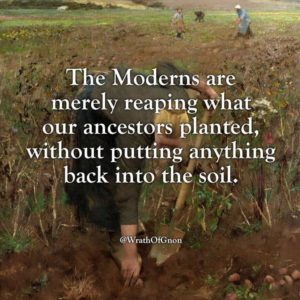 Such is the manner of our American population and its migration. In a certain sense, the proletariat masses scrape open the land wherever they go, bringing it to ruin, and then roam to a new patch of earth. Residents, businesses, and industries move together, going from one place to another, planting forests of roads, parking lots, and prefab box stores. When the community is compromised in one form or another, the people move somewhere else, leaving a blighted ruin in their wake.
Such is the manner of our American population and its migration. In a certain sense, the proletariat masses scrape open the land wherever they go, bringing it to ruin, and then roam to a new patch of earth. Residents, businesses, and industries move together, going from one place to another, planting forests of roads, parking lots, and prefab box stores. When the community is compromised in one form or another, the people move somewhere else, leaving a blighted ruin in their wake.
As seen by their migration patterns on this continent, Americans have been shown to not take a stand for their scrap of real estate. Though there are exceptions, for the most part, Americans do not invest back into the turf they live on. Instead, they move where the jobs are, or they “white flight” themselves into the suburbs, or the government injects minorities or immigrants into a community in order to socially engineer a city, thus causing more people to flee. Citizens are pushed into different neighborhoods like cattle.
Americans are not tied to the earth, as Thomas Jefferson envisioned when he pictured a rural America ruled by aristocrats. In fact, judging from these migration patterns, it could be said that America is now “the land of the oppressed and the home of the passive.” The people do not work to build their communities. Rather, they are prisoners in their own homes, and the neighbor who lives a hundred feet away is a complete stranger. Neighborhoods are not populated by people who have like interests or hold anything in common. Instead, individuals are living in their private dwellings, pursuing their various vices or hobbies, ignorant to the world outside their door. And if some sort of local pressure arises, these individuals or their children will simply move somewhere else.
Certainly, we do not treat our communities the way the Japanese do. With only a handful of islands, the Japanese have maximized the use of space in their domain, and they’ve invested in their communities. Japan is not a land of vast reserves of coal, oil, or uranium. So how is it that their nation is one of the wealthiest in the world? The answer to that question is the one resource they do have: a strong labor force.
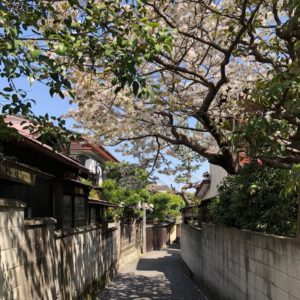
The people of Japan are their own resource. The Japanese do not take their land or their communities for granted. They do not move from place to place, as we Americans do, ruining one spot and tearing into a brand new one. They put more into the land than they take out. As a result, the land and the people are one. They are a nation in the truest sense. While we Americans, on the other hand, are hardly a nation at all, but an empire of individuals and some tribes who are held together by force.
Did our colonist forefathers not bring with them any enduring wisdom from the urban planners of Europe? No. They hated Europe. They divorced themselves from their roots. They did not want to be “men of the West.” Like Okie farmers who fled for California after ruining the high plains, the English colonists abandoned all pretenses of the Christendom that spawned them. Like the modern American whites who were driven from the cities, Jefferson and his ilk scurried away from the problems of a sophisticated Europe with a wealth of history and experience.
American forefathers, such as Thomas Jefferson, scorned the communities of the Old Country. European urban dwellers were “sores on a body.” They threw out the books, laughed, and said to themselves that “we’ve got a republic now.” Caution was thrown to the wind, and the distant future was not a concern for the glorious American forefathers who died long ago, achieved political apotheosis, and left us behind after their “ascension.”
Thomas Jefferson, American Founder, third U.S. President, once stated:
I think that our governments will remain virtuous for many centuries; as long as they are chiefly agricultural: and this will be as long as there are vacant lands in any part of America. When they get piled upon one another as in the large cities of Europe, they will become corrupt as in Europe.
We have reached that point. We are no longer chiefly agricultural. We are running low on useable vacant lands. We are piled up upon one another. We have become corrupt. So what did Thomas Jefferson have in mind for us now? What did our founders have planned for us? Now that we are a vast network of powerlines, asphalt roads, internet cables, railroads, shipping lanes, flight paths, commercial and residential zones–now that we are all of these things, what is Jefferson’s plan for us? What did he have in mind?
Did Jefferson and his friends expect such an empire to be governed in the same tranquil fashion as a former colony? Is the quaint, local fashion of a democratic republic sufficient for hundreds of millions of people in a land of many different tribes from all corners of the earth? Are the expectations of Jefferson and the Founders enough to govern what the United States has become?
The answer is obvious to an honest man.
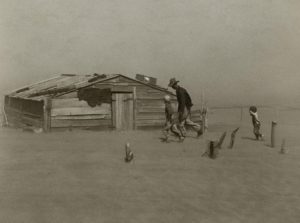

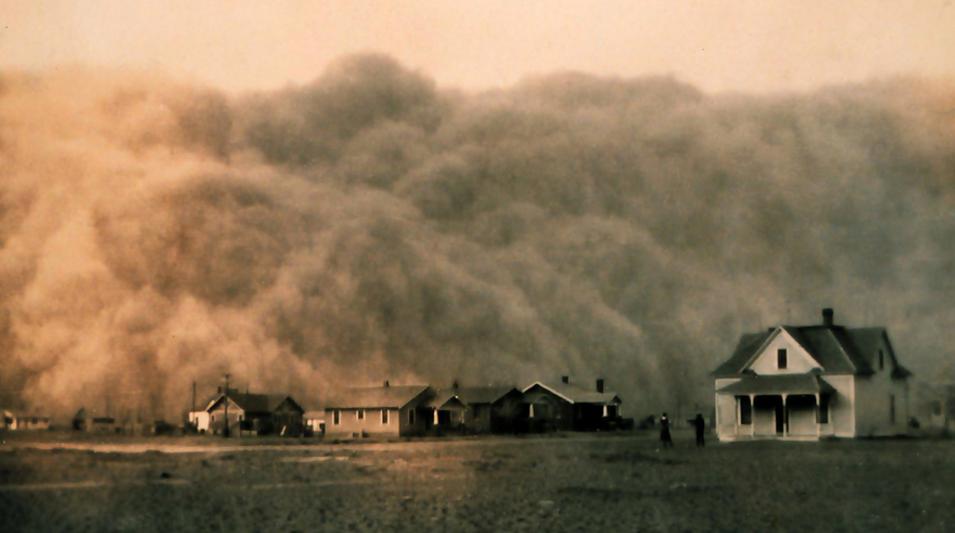
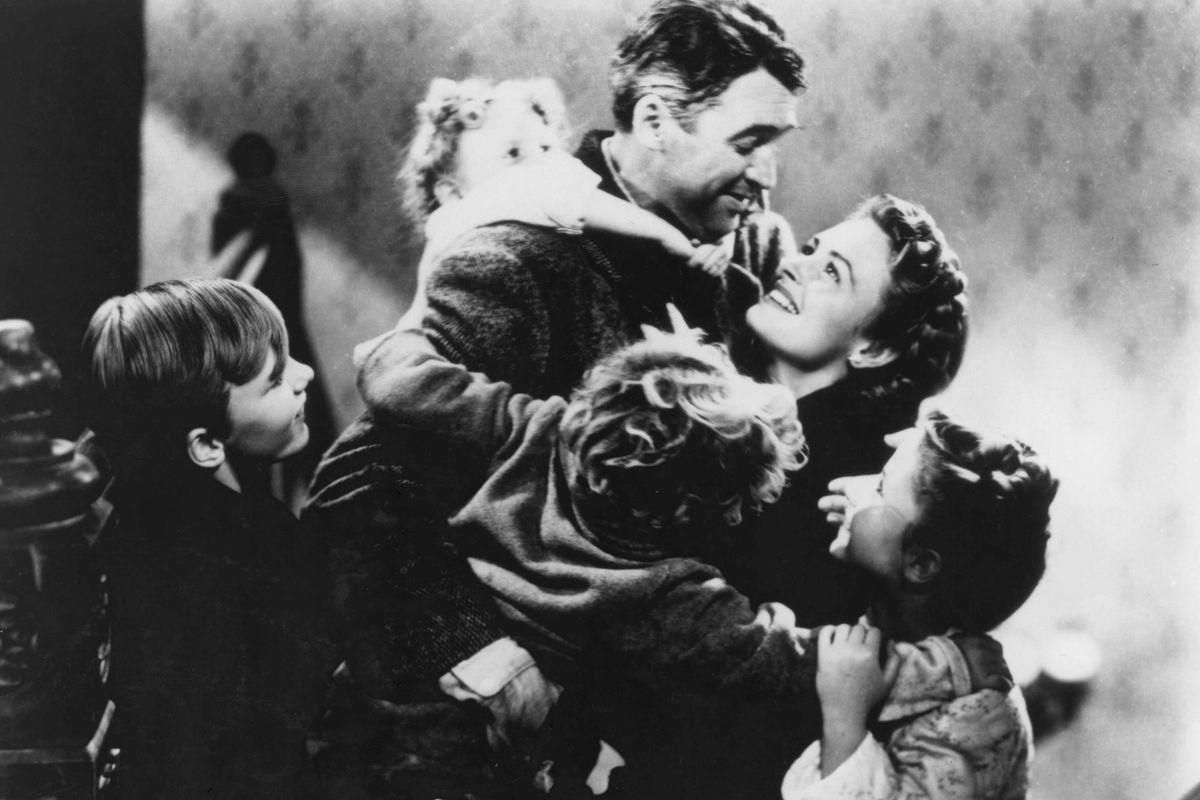
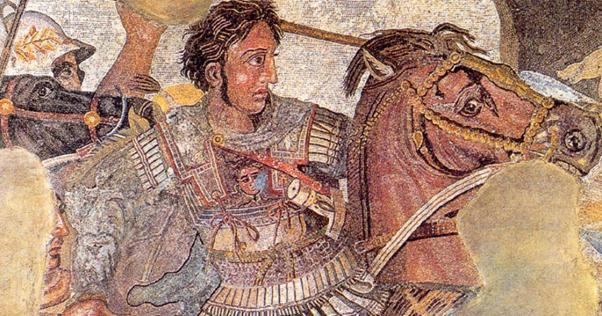


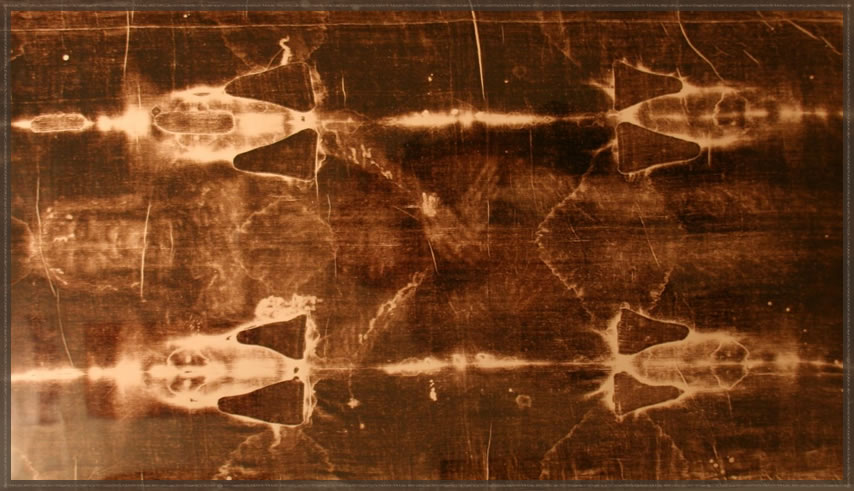
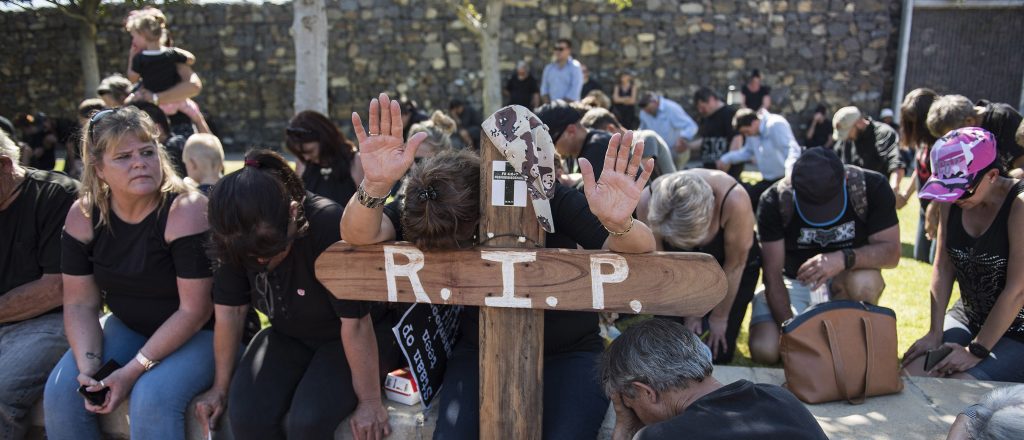
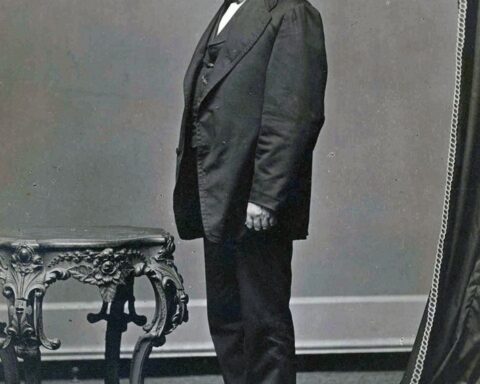

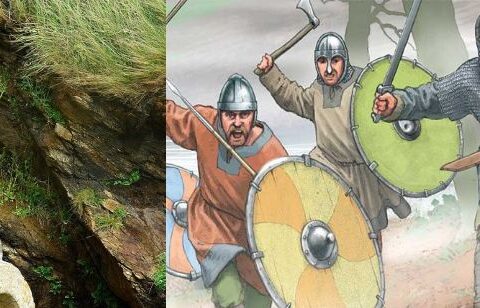
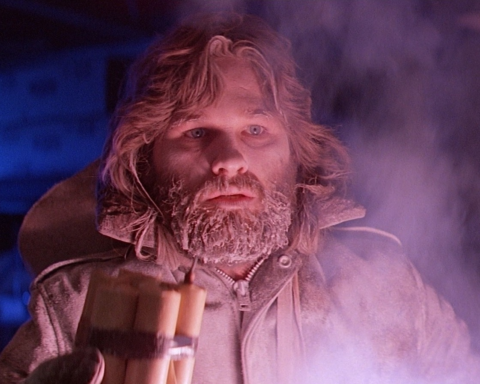
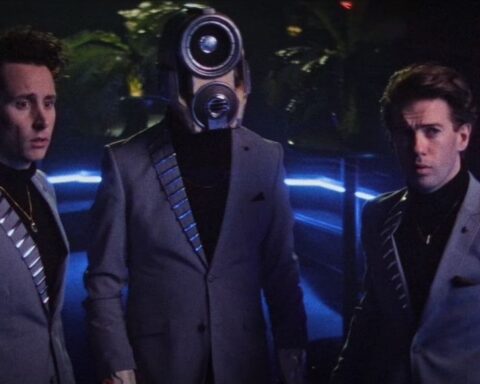

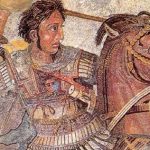
Whew, here I thought this article would be an eye-opening experience.
Did two people write this article? The opening about community ties weakening…yep, no doubt. Is that causing problems we see today? Yep.
Then what the heck is with the swerve into the other lane? “Enduring wisdom of European urban planners”. “Abandoned all pretenses of Christendom”. “Sophisticated Europe with a wealth of history and experience”. What kind of gobbley-gook, Age of Aquarius clap-trap is that? The enlightened Europeans who were busy butchering each other in the Seven years war and the war of spanish succession? One way to do enlightened urban planning I guess, move armies around the countryside to displace people.
” caution was thrown to the wind” and they did not plan for the future? Damn those forefathers, unable to make a perfect world for 250 continuous years! Why, why could not the government save the people from their own folly! We could have had peace and enlightenment even today, just like Europe!
Your other, preceding articles were right on point, what did these couple rogue paragraphs mean?
Nope, one author. It was originally posted at his own site.
“Your other, preceding articles were right on point, what did these couple rogue paragraphs mean?”
I’m guessing you don’t like my conclusion, which excludes the idea that the U.S. is the be-all-end-all of societal achievement.
When it comes to the U.S.’s material success, one shouldn’t forget the vast natural barriers that isolated this North American continent from the rest of the world. We were left on our own to either spoil or preserve an almost unblemished paradise. (American natives really didn’t leave much of a mark.)
Yet the idea of forming a society that could survive in a densely populated continent…that was not the Founder’s specialty. A multitude of different locales with different customs or even languages–that’s what Europeans were familiar with. The misunderstandings, small conflicts, and regional wars that Europe experienced is similar to the metallurgical process of annealing, in which a metal is strengthened after being agitated so much. (Nassim Taleb discusses this process in his book, Antifragile.) In fact, it is probably this annealing process that Europe has gone through that is the reason their problems and issues are somewhat different from ours, here across The Pond.
America will have to go through its own annealing process–which most of us realize, only we are calling it an approaching race war, civil war, “American balkinization”, or what have you. I wish our Founders had the prescience to forsee this issue, but they didn’t. Jefferson most certainly didn’t.
No sir, that is not my contention. The United States CERTAINLY is not the be-all-end-all of society. Such a concept does not even, and cannot exist. Here in Indiana, we have numerous small communities that were set up by various sects and thoughts to try and create a “better society”. Each one of them is radically different from what their founders initially thought and intended.
Society is simply a reflection of the attitudes of the people that compose it. This side of Heaven, we will keep on fumbling about in various iterations of failure. That is my contention. Why bemoan the founders and those here in the States for not being able to peer 250 years into the future and build a system that would work like some 1000 year clock? Shall we cry for the lack of planning, which could have ONLY been carried out by some monstrous autocrat who reigned supreme, that did not move all of us little people about in some grand, centralized, urban chess game? No sir, America was given its chance, and we squandered it, and now get to deal with the bittersweet taste of that unbounded freedom…we also pay for the failures as our own. But such goes the human story.
Everyone wishes the Founders had the prescience to foresee every issue. But they were human, just as we are. Every man contributes his own piece to the societal puzzle, and the end is the same for every society. We fail and try again, laboring here as we wait for Someone to save us from the drudgery.
If I may carry on your metallurgical symbolism, annealing does not actually strengthen a metal. (It actually makes it LESS strong by removing the work hardening in most common metals we think of, such as steel).
It is simply a process of heating a metal up to remove the dislocations. Then forming of new, smaller crystals takes place which have not been previously deformed. These new crystals simply allow the metal to be bent once more easily. Annealing is merely the destruction of old stresses that allow the metal to be bent once more and accumulate its own, unique stress state.
And so the march of history continues. A continent is heated through conflict and war. The old boundaries and thoughts are destroyed. New boundaries and thought takes their place. These are deformed and accumulate their own dislocations. The heating of conflict and war takes place again, and again, and again.
The Japanese are one people. They do not have unlimited space, so must do the best they can with what they have available.
The Japanese have many flaws, as do most any people anywhere. One flaw they do not have, and strongly reject, is the idea that anyone can come there and become Japanese. They do not allow moslems to enter nor to build mosques, and other Western people are allowed in but not permanently.
The United States (which isn’t very united these days,) is vast; it is also diverse. Which is another way of saying we have lots of room for different tribes to fight in, and fight over. “Diversity” means suspicion; it means difference; it means opposition. It leads to violence, as can be seen anywhere diversity is celebrated.
I’m old, and I can clearly recall when no one I knew locked their front door. Many people left their keys in their unlocked car in their driveway. It was an all-white community, and had no diversity. It was also very safe, and children rode bicycles everywhere outdoors.
Back when the USA was just beginning, we were one people. That’s why the Preamble to the Constitution says, “to secure the Blessings of Liberty to ourselves and our Posterity…” instead of “to everyone in the whole wide world, whether they have our values or not.”
5
[…] Thomas Jefferson on America’s Expiration Locusts American Locust Phenomenon: Supersized America, The Unsustainable Even British Clergy Wanted Alfie Dead Italian Constitutional Crisis and the EU’s Destruction […]